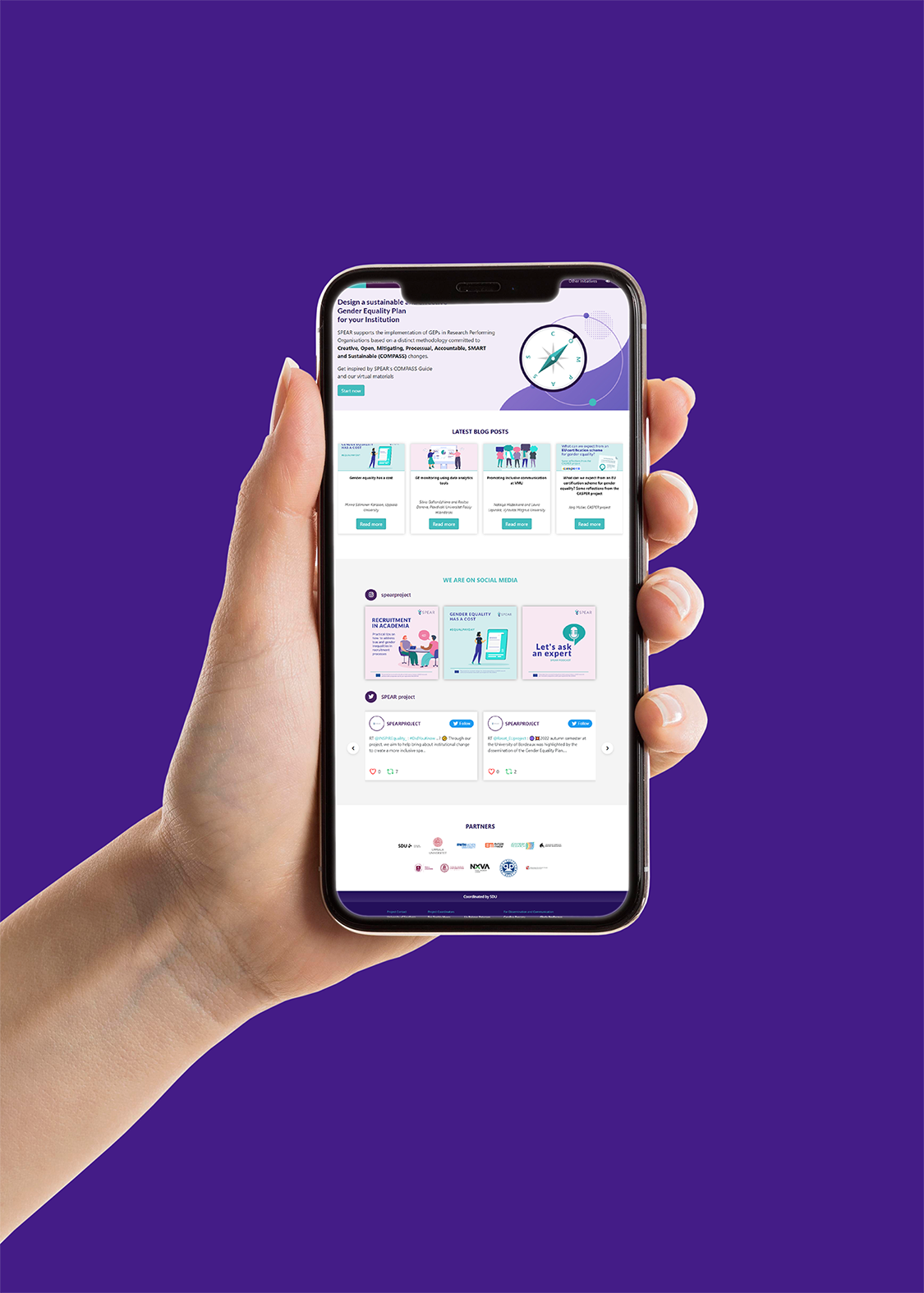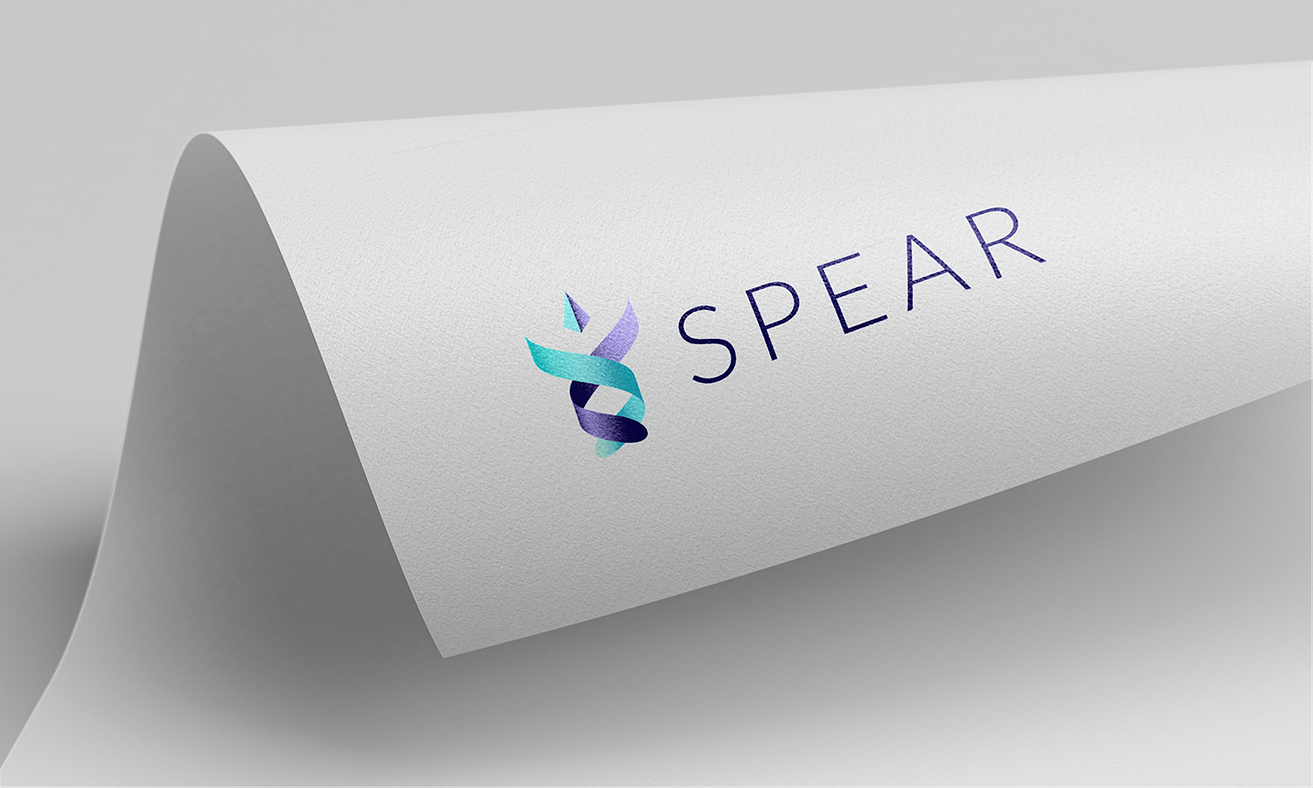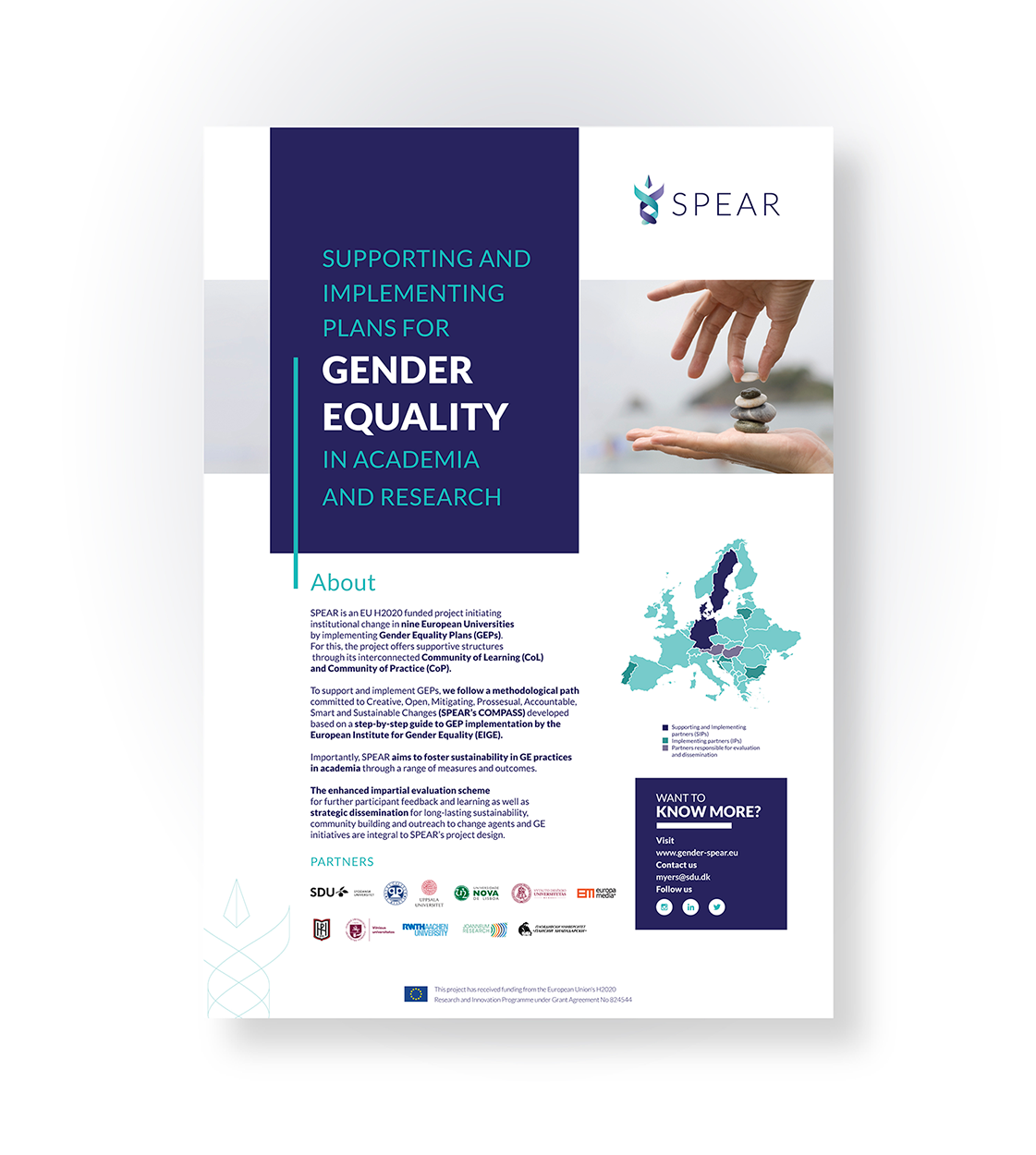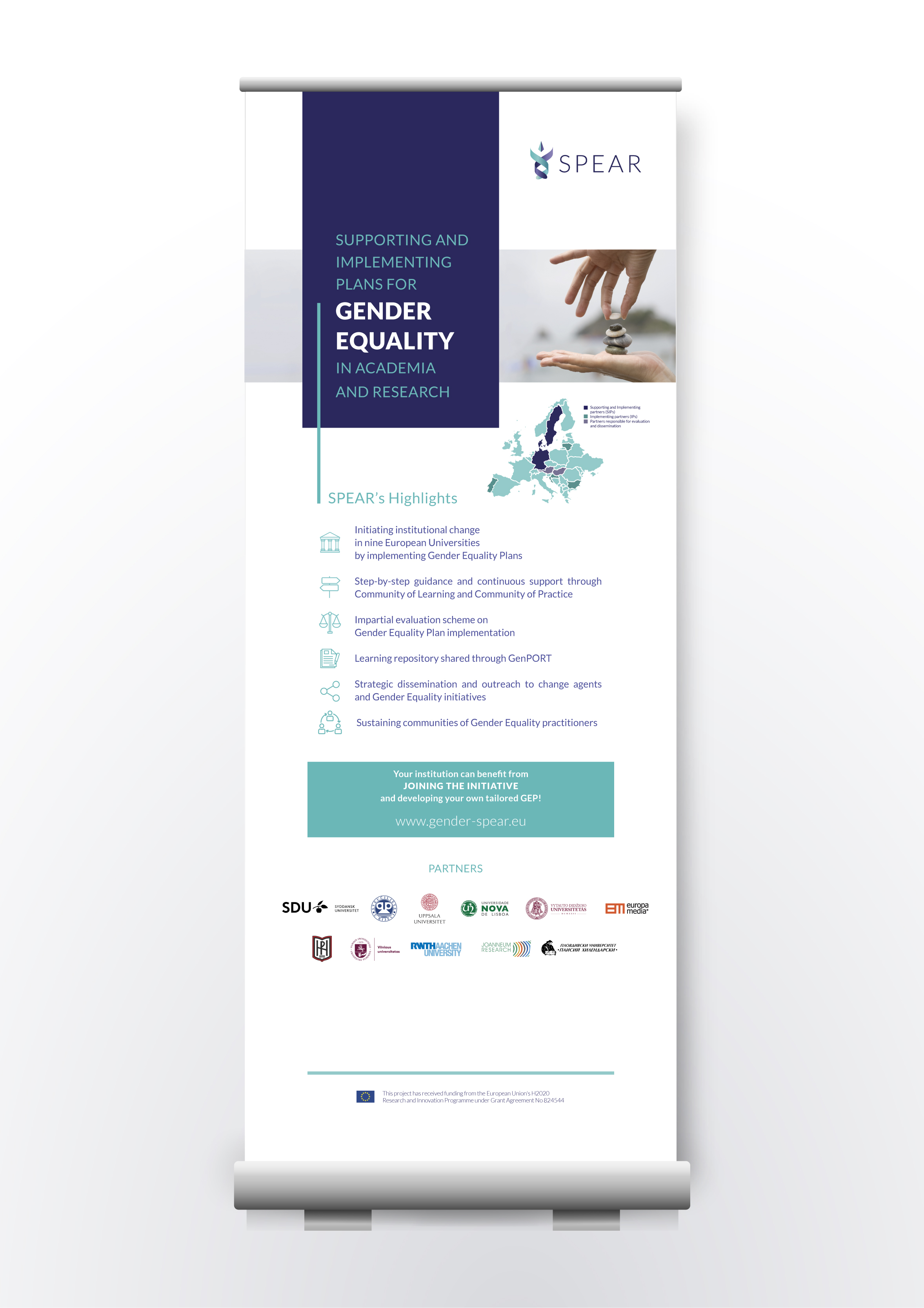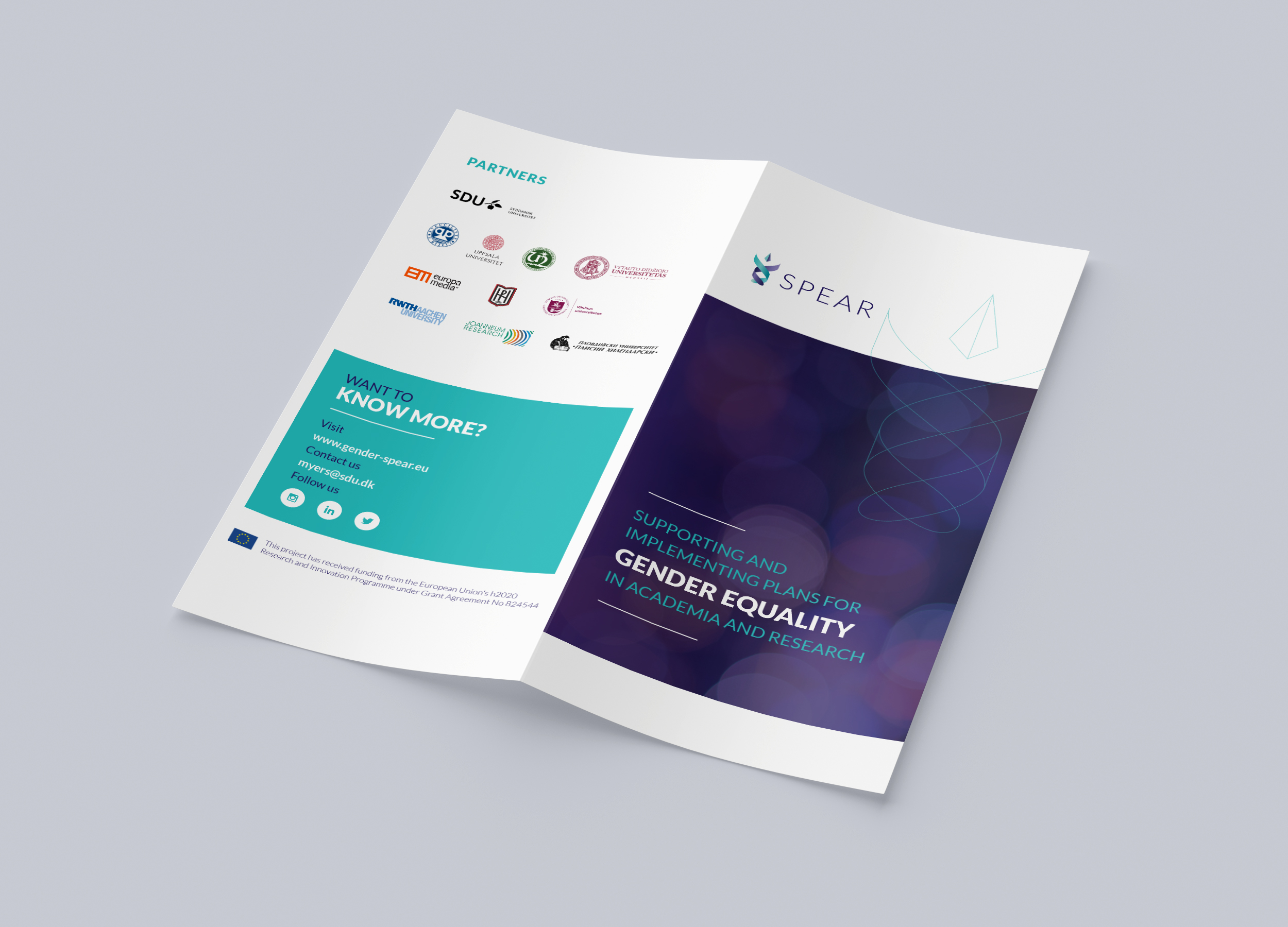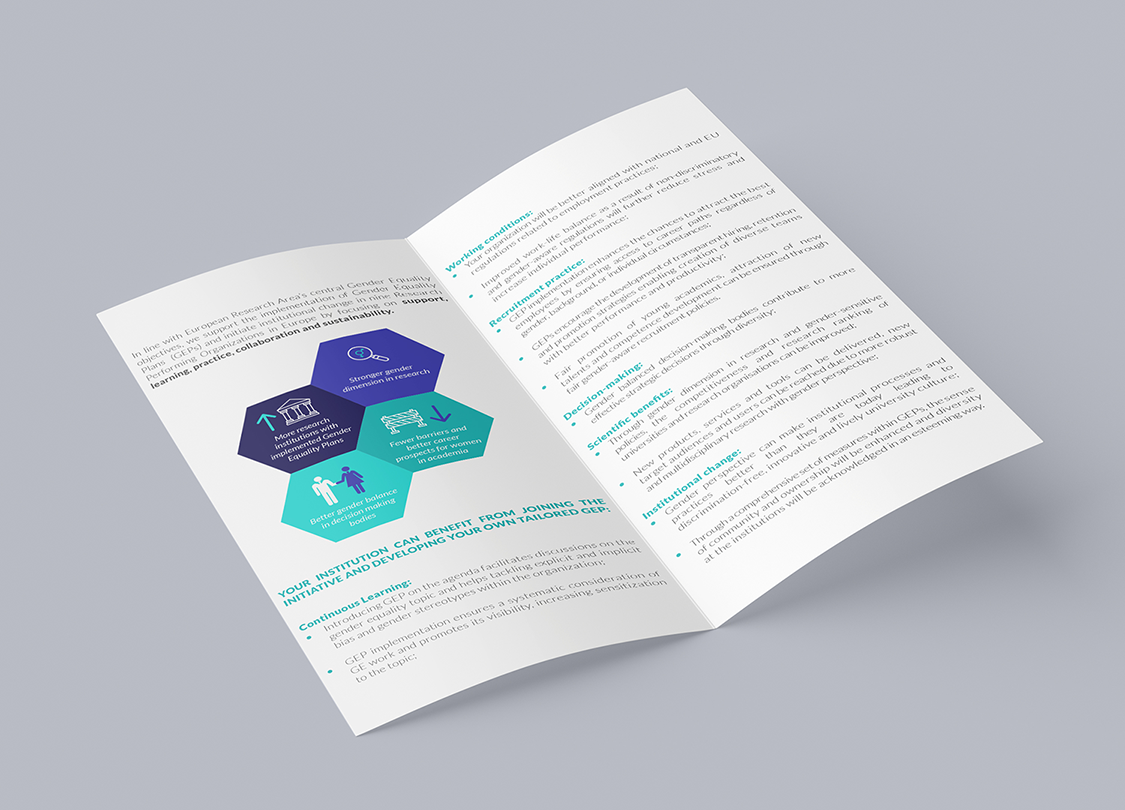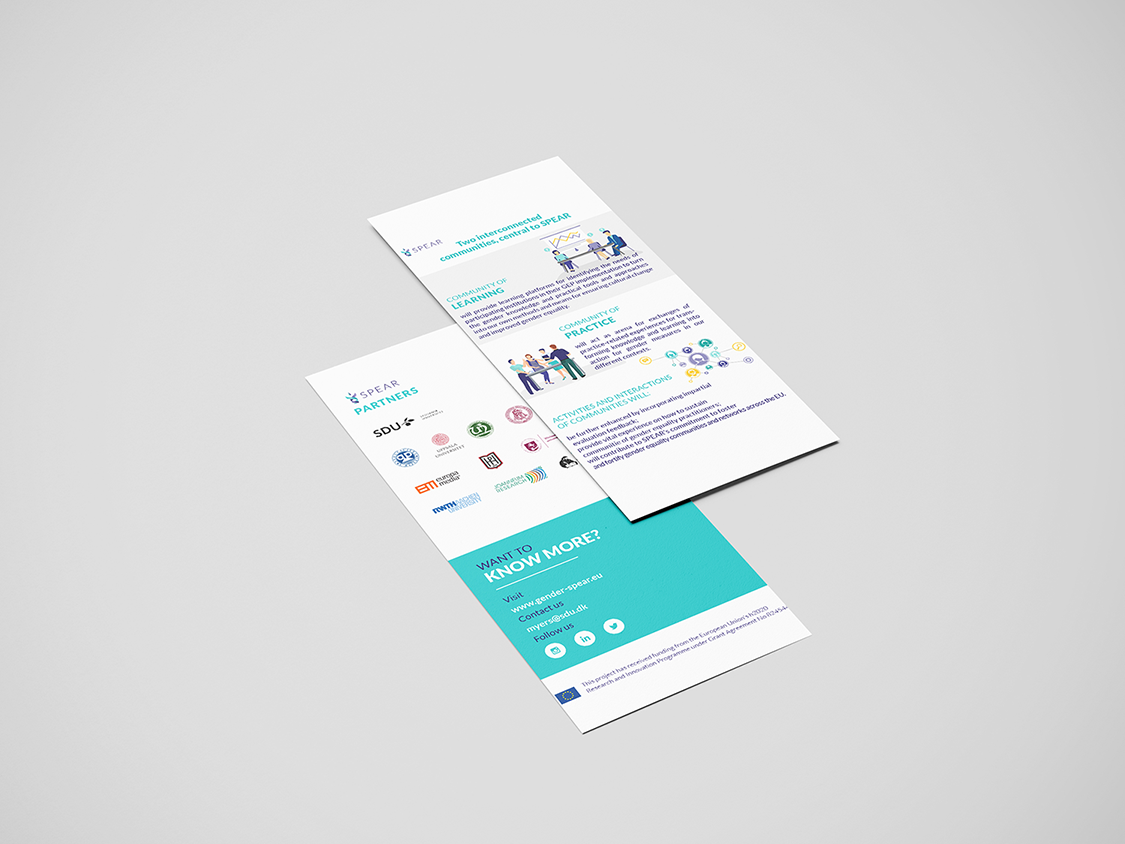Summary
SPEAR will focus on supporting implementation of gender equality plans (GEPs) in European universities in accordance with the European Institute for Gender Equality (EIGE)’s toolkit GEAR. The project will establish communities of learning where supporting partners facilitate sessions as all project partners start to identify both shared and different needs for action in the various institutions. In tandem, SPEAR also establishes communities of practice where focus is on sharing practical experiences and transforming learning points into action and practice as the institutions start their GEP work. SPEAR thus offers supportive structures through its interconnected Community of Learning (CoL) and Community of Practice (CoP). CoL will provide learning platforms while CoP provides an arena for experience exchanges. Both are crucial to successful and sustainable implementation of gender equality plans (GEPs), a key instrument to improving GE.
SPEAR’s central objective is to support and implement GEPs based on a step-by-step guide to GEP implementation devised by the European Institute for Gender Equality. SPEAR employs this guide with a unique methodological path committed to creative, open, mitigating, processual, accountable, SMART and sustainable changes (SPEAR’s COMPASS). Integral to SPEAR’s project design is an enhanced impartial evaluation scheme to boost the feedback and learning of participants throughout the project. SPEAR also employs strategic dissemination to boost its central sustainability commitment during and after SPEAR. SPEAR aims to foster sustainability in GE-practices in academia through a range of measures and outcomes, including ties to other EU-based GE projects, network and community building within and beyond SPEAR, and formulation of practicable policy recommendations.

